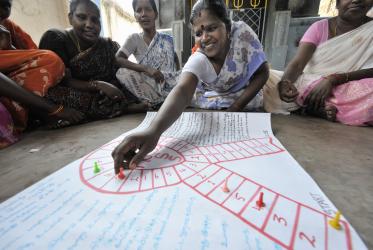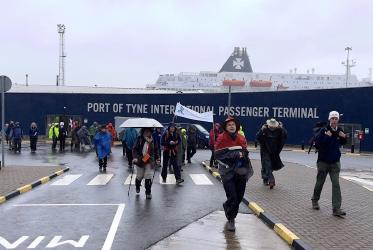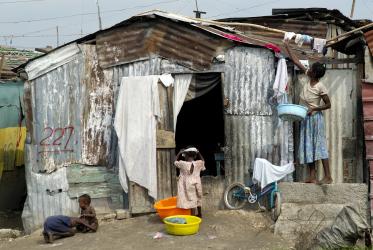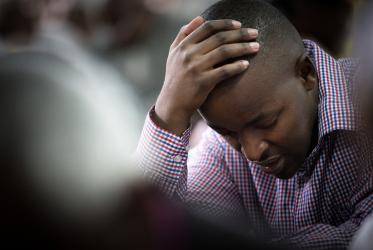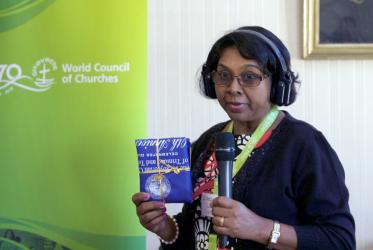Displaying 1 - 20 of 30
11 April 2024
WCC prays for Caribbean region in wake of strong earthquake
31 January 2020
Is God present - even amid hurricane’s wrath?
07 September 2019
Trinidad and Tobago church challenges plastic pollution
09 October 2018
What difference does dressing in black make?
02 August 2018
Working toward an AIDS-free generation
26 July 2018



